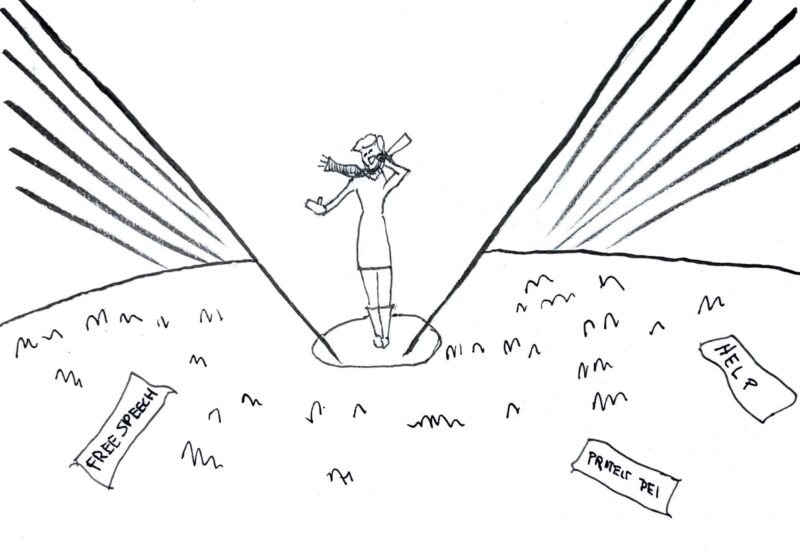A federal mediator adjourned contract negotiations between UR and two of its service employees’ unions on Friday.
The primary points of contention remain wages and health benefits.
“UR management wants to maintain a policy that would require new service employees to work nine years to reach the pay rate now gained by a current employee after two years,” Service Employees International Union Local 1199 Vice-President Bruce Popper said.
Popper serves as chief negotiator for both SEIU Local 200 United and SEIU Local 1199.
“This policy would substantially reduce average wages for these jobs over time,” Popper said.
About 200 River Campus service workers are members of SEIU Local 200 United, primarily personnel in food and building service positions.
The Medical Center and Strong Memorial Hospital have about 1,000 employees belonging to SEIU Local 1199 in various support and service positions.
Negotiations for UR are led by Associate Vice President for Human Resources Charles Murphy. Murphy referred questions to Medical Center Director of Public Relations and Communications Teri D’Agostino.
“We have proposed wage increases that are comparable to the rest of our employees,” D’Agostino said. “We are also prepared to increase our contribution to the National Benefit Fund by an amount that is comparable to the increases we provide non-union employees.”
“Our goals are to provide market-competitive wages for all of the university’s employees,” D’Agostino said. “Therefore, we have proposed increases in wages and contributions to benefits that are on-par with those provided to the rest of UR’s employees.”
However, Popper argues that such increases do not properly account for inflation and therefore do not provide a sustainable income for a family to live on.
“With over 500 SEIU member households in the 19th Ward and Southwest Rochester, service worker paychecks are an important support to the neighborhoods immediately adjoining UR,” Popper said.
An additional point of contention is the university’s financial contribution to the union members’ health benefits. The current health plan charges a basic discounted fee, but requires that UR guarantee a certain “if needed” amount in the event that health care costs run higher than estimated. The university is willing to increase its contribution to the basic fee, but not to the “if needed” rate, causing concern for the union.
The university believes that the “if needed” amount is a fiscally irresponsible contribution. “Rather than agreeing to backstop the union’s overspending, we expect the union to manage its health care costs in the same way that all employers do – by working within a reasonable, pre-determined budget,” D’Agostino said.
On Friday, about 30 members of SEIU organized outside of Wallis Hall to deliver petitions to University President Joel Seligman.
“We’re not picketing,” SEIU negotiating committee member and Surgical Support Services employee at Strong Walter Pratt said. “We’re dropping off a petition about our contracts.”
Vice President, General Secretary, and University Dean of Students Paul Burgett was on hand to accept the petitions on behalf of President Seligman, who was in Florida on university business.
“I know President Seligman,” Burgett told the workers. “I know how he works. I have seen him read huge volumes of things. He will read all of these petitions. He knew you would be coming today and wanted to express his appreciation.”
“I thought [the gathering] was very successful,” Burgett later said. “Members of the union extended great courtesies, they were very respectful.”
Last week, workers informed UR that they will picket at noon on Friday, Oct. 21 outside of Strong and march to Wallis Hall since no agreement has been reached and no more negotiations are currently scheduled. The action had strong support among union members, with a vote of 721 supporting the job actions and 11 against.
Bruml can be reached at abruml@campustimes.org.




